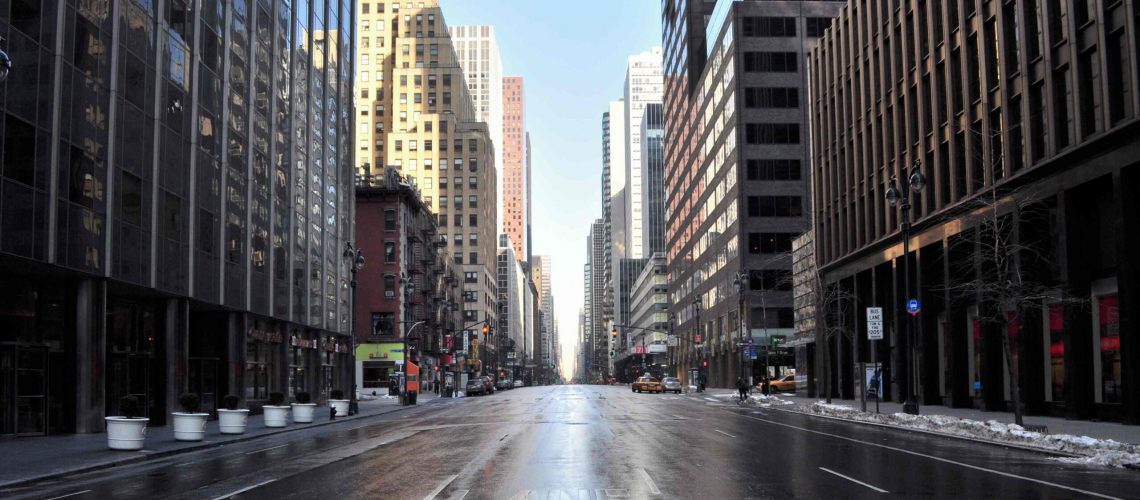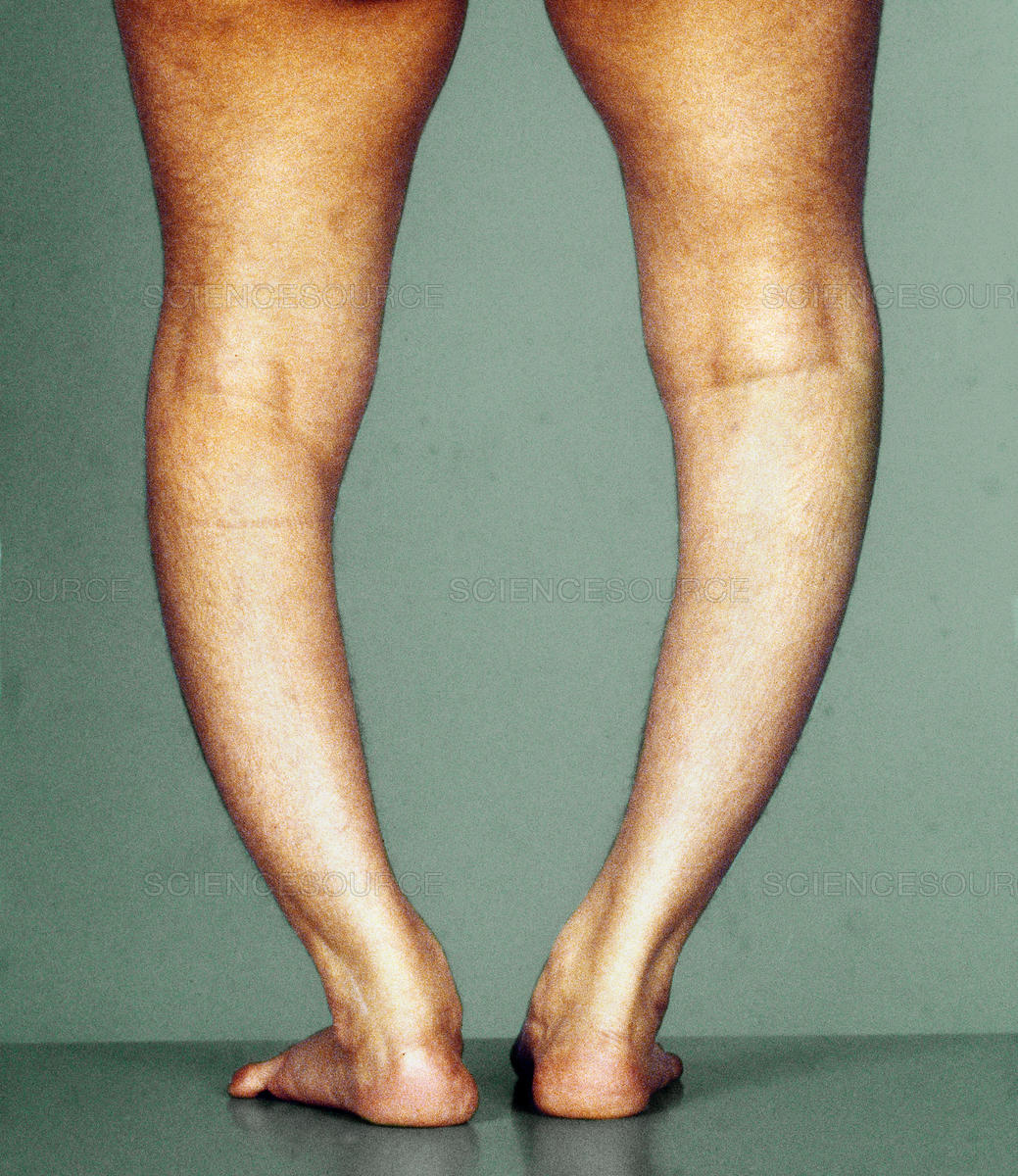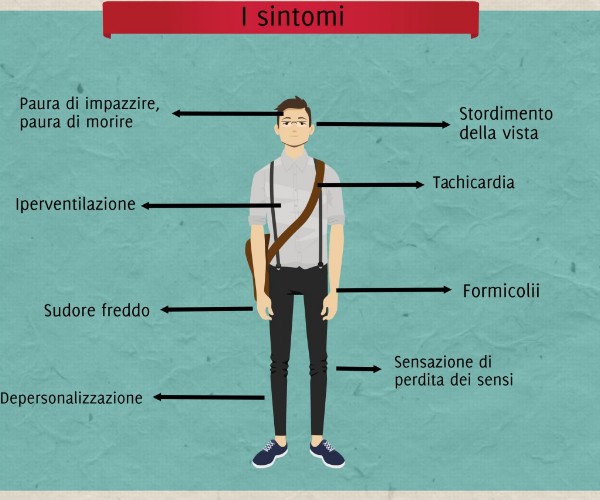The topic we will address in this article represents a question that all of us at least once in our lives have asked ourselves, but which remains unanswered to this day: is it better to live in the city or in the country ? Specifically here we will attempt to analyze what are the pros and cons of living in a large city or metropolis. Before going any further, however, it is essential to point out that, with regard to this issue, much depends on each of us’ personality, our habits, character, and above all, the lifestyle we are accustomed to keeping and which suits us best. So before making a particular choice, whether country or city, it is good to know ourselves and our daily living habits first.
Having made this necessary introduction, let us try to define what the advantages and disadvantages of living in a big city might be.
The advantages of living in the city
Certainly city life is totally different and, in some ways, opposite to country life. First, saying city most of the time is equivalent to saying chaos, but there is not always a negative meaning to this definition. Life in the metropolis is in fact anything but boring, and every day you have the opportunity to do something different, whether it is dinner at a new restaurant, a new movie coming out in theaters, a concert in a pub, a particular street party, a game of bowling, or a ride on the rides. The list could really be endless. That is precisely the main advantage of big cities, which is the ability to do anything we can think of, because everything will be available at all hours and within a few minutes’ drive.
In the city we also have the opportunity to dress as we please since, given the large number of people with different tastes, styles and traditions, no one will particularly pay attention to our clothing. In terms of food, too, we have the opportunity to try any kind of ethnic cuisine, as restaurants offering cuisines from other nations can be found scattered in various parts of the city. And what’s more, should we not feel so much like getting to the stove, we will have the option of ordering something to eat via phone or smartphone app and waiting for the delivery guy to do“the dirty work” for us.
What’s more, we have the ability to get around by transportation, leaving cars at home, there are gyms, clubs, restaurants, stores selling anything and everything on every corner, and, no small feat, supermarkets open even 24 hours a day.
The disadvantages of living in the city
But all that glitters is not gold. In fact, in the city we can say goodbye to tranquility, silence and relaxation. Life in large metropolises, as everyone knows by now, is hectic, noisy and often very confusing. We will struggle with traffic, mile-long lines to get into the hottest club of the moment, and super-crowded stores for the recently available sales. In the city, food products are often not always very fresh and of high quality (as opposed to the countryside), despite being available year-round. But the greatest inconvenience is related to cars. There is a high risk of running into fines for the various ZTL zones, ecopasses, reserved parking spaces, not to mention the difficulty in finding parking or driving in traffic, especially if the light is green and you do not start instantly.
Last, but not least, is pollution. In the city, pollution levels (of soil, air, water and noise) are considerably more other than in the countryside, with major repercussions on the health of individuals.



































































































